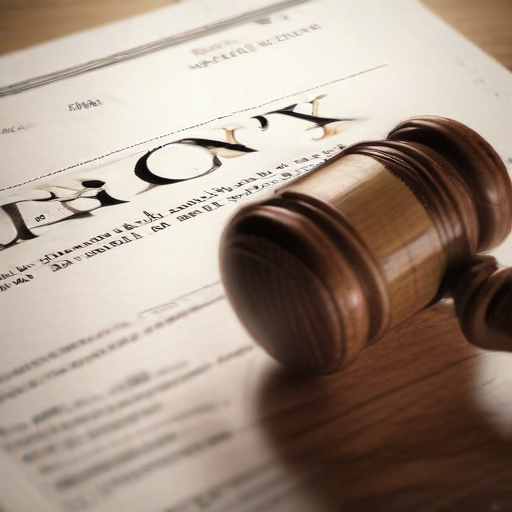President Joe Biden has recently taken significant steps towards criminal justice reform by issuing 39 presidential pardons and commuting the sentences of nearly 1,500 individuals. This marks a historic moment, as it is hailed as the largest single-day act of presidential clemency in U.S. history. The pardons were granted primarily to those convicted of non-violent crimes, with the aim of recognizing successful rehabilitation and their ongoing commitment to community improvement.
In his announcement, Biden emphasized that most individuals on the list had shown they deserved a second chance. Many of those pardoned had previously served their time and committed themselves to bettering their lives and their communities post-incarceration. Notably, one pardon recipient, who had been convicted of a drug offense at a young age, went on to earn a degree and serve in the U.S. Army and Air Force, illustrating the potential for personal transformation.
The president’s decision to commute 1,499 sentences included not only cases of individuals placed in home confinement during the COVID-19 pandemic, but also those whose sentences he believed were disproportionately long due to outdated laws. Among the sentence commutations were high-profile individuals involved in significant fraud cases, raising eyebrows about the balance between reform and accountability.
This recent clemency initiative is part of a broader trend in Biden’s presidency. Earlier actions included pardons for simple possession of marijuana and for military personnel convicted based on their sexual orientation. The pardoning of his son, Hunter Biden, who faced serious charges, has been controversial and has reignited discussions about the political implications of clemency.
Biden’s record on pardoning is notable, particularly considering he has issued fewer pardons overall compared to other modern presidents. His recent flurry of clemency aims to promote rehabilitation and highlight the importance of second chances in the justice system.
As the political climate intensifies, Biden has hinted that more clemency actions might follow in the coming weeks, signaling his commitment to a more compassionate and reformative approach to justice.
In summary, President Biden’s extensive clemency actions are aimed at recognizing rehabilitation and underscoring the importance of second chances for those who have shown growth and responsibility after their convictions. As more steps are anticipated, there is hope that these initiatives could lead to significant changes in the justice system, ultimately making it fairer and more humane.
